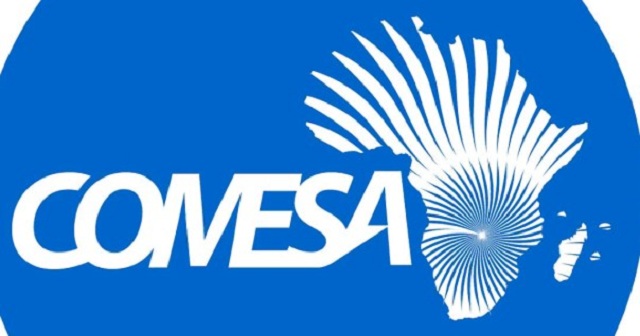Comesa calls for seed trade harmonisation

Business Reporter
THE Common Market for Eastern and Southern Africa (Comesa) says cumbersome and lengthy processes of seed variety testing and release procedures conducted before marketing have limited the regional seed trade among member countries.
This is in addition to variations in national regulations for seed certification, quality control, quarantine and phyto-sanitary measures for import and export.
As a result, the regional trading block says lack of quality and improved seed contributed significantly to food and nutrition insecurity with only a handful of countries in the Eastern and Southern Africa region being food secure.
As part of measures to address the issue, the Comesa Seed Trade Harmonisation Regulations Programme (COMSHIP) was developed in 2015 with the objective of promoting collective implementation of harmonisation plans at national and regional level.
“Through this programme, Comesa has engaged member states at national and regional level to come up with innovative solutions and resource mobilisation strategies to speed up the implementation.
“Through its specialised agency, the Alliance for Commodity Trade in Eastern and Southern Africa (ACTESA), Comesa convened a Project Advisory Committee meeting (PAC) in Kampala from 6-9 April 2017 to discuss the implementation of COMSHIP,” said Comesa in a statement.
It said the objective of the PAC was to assist seven member states of Burundi, Kenya, Malawi, Rwanda Uganda, Zambia and Zimbabwe in aligning the national seed laws to the gazetted Comesa Seed Trade Harmonisation Regulations.
The achievement of this objective would be through national seed laws review and multi-stakeholder consultative processes.
Chief executive officer of ACTESA, Mr Argent Chuula, has said lack of quality and improved seed contributed significantly to food and nutrition insecurity.
“Among the small-holder farmers, the availability of quality seed in terms of variety accessibility, planting and volumes in the Comesa region is low at only 20 percent,” Mr Chuula said.
“This has affected the crop and also livestock productivity of our small-holder farmers and most of the seed is imported outside the Comesa region.”
He said the PAC has facilitated awareness creation of the Comesa Seed Trade Harmonisation Regulation and was instrumental in operationalising the Comesa Variety Catalogue.
In addition, the unit has assisted in finalising an online portal and ensured it is on the Comesa server with access by Comesa member states through internet. Seed producers have since been urged to register their varieties and enjoy the seed market in 19 Comesa member states.
So far, 17 varieties are in the Comesa Variety Catalogue from five seed companies namely: Pannar, Monsanto, HZP Holland, MRI / Syngenta and Pioneer Dupont.
Uganda COMSHIP Focal Point Dr Mukama Charles said his government had set aside $1.8m to support the Ugandan COMSHIP chapter, a demonstration of how seriously his government was taking the initiative. He underscored the importance of quality and improved seeds in improving the livelihood of the small-scale farmer and production of more food at national and regional level.
The PAC is supported by the Department for International Development (DFID) / UK AID. Other partners include the USAID and the Hub, Food Trade, and 1acre Fund.











Comments